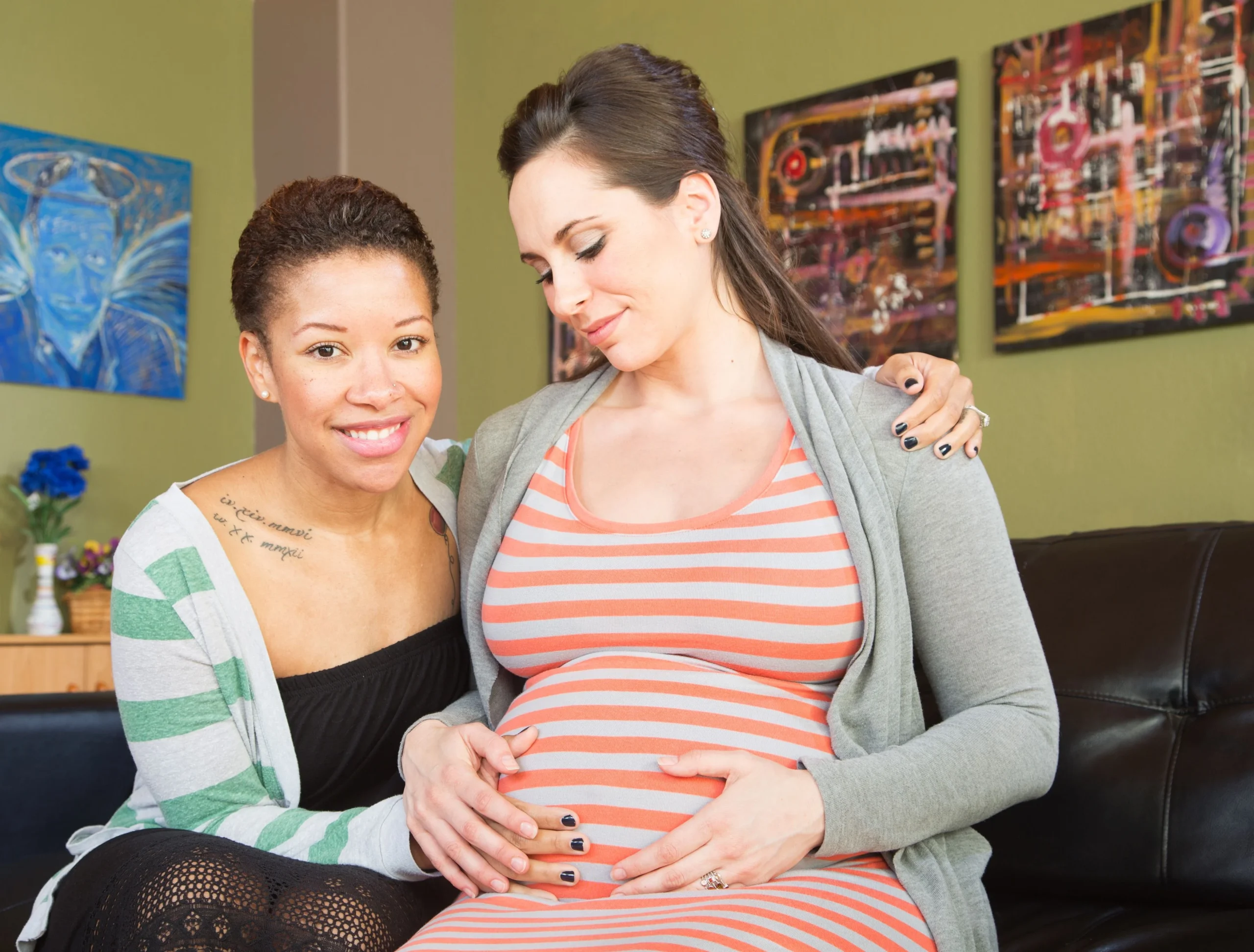I’m that parent. You know, the one who might make their kids cringe during drop-off. But instead of embarrassing them with mushy goodbyes and slobbery kisses, I opt for something a bit more unconventional. Each morning, as they hop out of the car, I bellow, “Be kind!”
When I pick them up in the afternoon, my first inquiry is, “Who did you show kindness to today?” Sometimes they take a moment to ponder, only to eventually admit they were kind to their teacher for not getting in trouble for chatting. Other times, their responses bubble with enthusiasm: “I made Max giggle!” “I told Sarah her sneakers were cool.” “I helped Lily pick up her books when they fell.” “Tommy walked me to the nurse after I got hit during dodgeball.”
Only after we’ve fully explored who they were kind to do I ask about their academics. “Do you have homework?” “How did your math quiz go?” “Need help with spelling?” But honestly, these questions don’t weigh nearly as heavily on my heart as the kindness they’ve shared or received. Because, truth be told, I care more about their compassion than their grades.
It’s hard to overlook the anger that seems to permeate our world today. The news can make anyone want to both cry and shout in frustration. Online comments are often laden with hostility, and public shaming appears to be the norm. People are hurting, angry, and disheartened.
And what’s the remedy for this? Kindness! While the mantra “Don’t be a jerk” is prevalent among decent folks, true kindness demands more than just avoiding negativity; it requires active compassion.
We can preach kindness to our children endlessly, but mere words only get us so far. We must demonstrate it too. Just the other day, while driving to dinner, a car cut in front of my partner. He honked and dodged just in time, and everything seemed fine—until the other driver pulled up next to us and rolled down his window. My heart sank; please don’t let there be drama here. But instead, the driver leaned over, profusely apologizing and chuckling at his mistake. My partner laughed along and reassured him that it was all good. We all drove away feeling lighter.
“What was he saying?” one of my kids asked.
“He was apologizing,” I replied. “Mistakes happen. Just apologize, forgive, and move on. And if you can, laugh about it. Be kind.”
Isn’t that how the world should function all the time?
I often fall short of my own high standards for kindness. I yell more than I’d like, can be impatient, forget birthdays, and don’t call my best friend as often as I should. Stress can turn me into quite the grump too. That’s why our family practices apologies and forgiveness regularly.
I don’t just tell my kids to be kind; I strive to model it. I compliment strangers in their presence. I remind them that a driver who cuts us off might just be distracted. I emphasize the value of grace and flexibility. And I teach them that everyone makes mistakes, but it’s important to try to mend them. I want my kids to grow up as kind individuals, not just avoid being jerks.
It may feel like anger and ignorance are rampant. It might seem that most parents are only focused on raising top-notch students, athletes, or artists. We hear horror stories of parents blaming teachers for their kids’ lack of effort, and the term “gifted” often gets tossed around casually. Parents brag about their kids’ sports schedules and academic achievements.
But I refuse to buy into that. The truth is, there are far more kind-hearted individuals in the world than there are jerks. I believe most parents genuinely want to raise compassionate children, even if it means they are just average in other areas. Kids are inherently wired to be kind; they want to be compassionate. We just need to show them that their capacity to spread kindness is far more valuable than scoring the winning goal or acing a test.
So yes, I’ll keep being that mom. The one who yells “Be kind!” instead of “Have a great day!” The one who prioritizes conversations about kindness over spelling quizzes. The one who seeks to promote friendship and teamwork during parent-teacher meetings rather than just focusing on academic metrics.
Because not being a jerk is simply not enough anymore.
For more on this topic, check out our other post on intracervical insemination.
And if you’re interested in home insemination, visit Make a Mom for expert advice. For additional resources on pregnancy, head over to CDC for reliable information.
Summary
As a parent, I prioritize teaching my children the importance of kindness over academic achievements. By modeling compassionate behavior and engaging them in discussions about their daily acts of kindness, I strive to raise empathetic individuals in a world that desperately needs more kindness.
